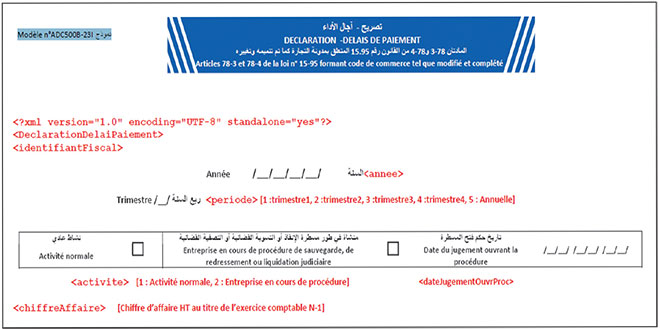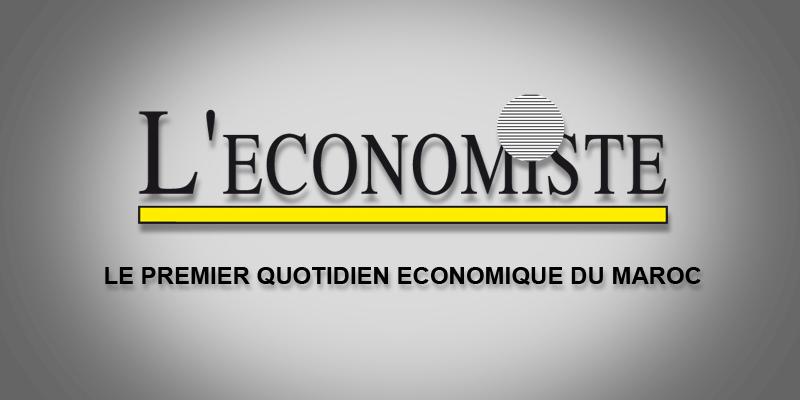According to many professionals, some customers have become very fussy about invoice dates. In some cases, invoices are issued according to a schedule that depends on the availability of human resources. As a result, the dates do not always correspond to those on which the invoices are issued, leading customers to fear that they will incur fines, but this is not the case.

«There is no need for these companies to be concerned, as the fines clock only starts ticking after 120 days if an agreement has been signed between customer and supplier. The agreement between the two parties must be written on the purchase order, the delivery note, or directly on the invoice», explained Mohamed Chorfi, chartered accountant and trainer. A consultant told L’Economiste that «suppliers are complaining that some customers prefer to pay the 3% fine rather than finance themselves through the banking system at 6 or 7%».
The earthquake that struck Morocco on Friday September 8 triggered an emergency plan in which public authorities, NGOs, associations, and private individuals took part, resulting in an increase in orders for certain products and items such as tents, mattresses, blankets, and other items... Some factories have had to suspend deliveries of pre-earthquake orders in order to give priority to those placed by the local authorities involved in the earthquake relief plan. According to Kamal Habachi, business lawyer, partner at the HB Law Firm, the postponement of deliveries would not have a significant impact on the payment date of invoices, since they have not yet been issued and booked.
What’s more, suppliers could not avoid their obligations on the pretext of the massive influx of public orders linked to the earthquake, and thus invoke force majeure, as this presupposes the meeting of three cumulative conditions which are not, in principle, met, namely external, unforeseeable, and irresistible nature. In fact, Morocco is not in the same situation as at the time of Covid, when the Government decreed the postponement of legal and regulatory deadlines, tax obligations, the suspension of CNSS (Social Security) contributions, a grace period for the payment of bills of exchange, and other measures. This is not the case with the earthquake that occurred a few days ago.
Hassan EL ARIF


























